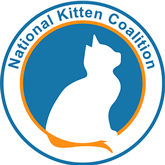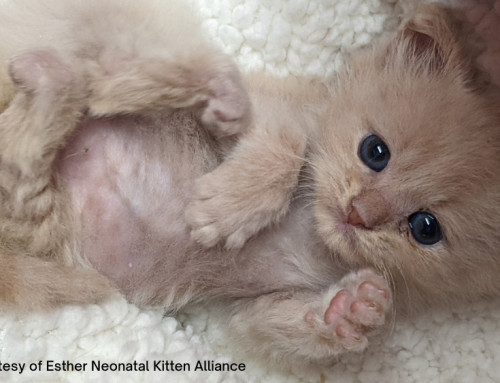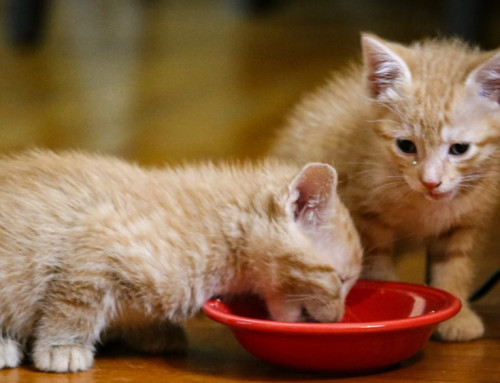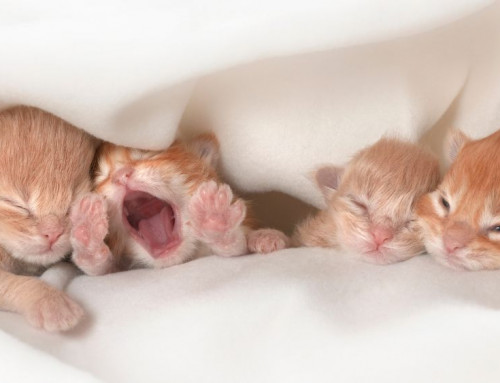Share this resource or email it to a friend!
Compassion fatigue affects many people who care for others, especially those who work to improve the lives of animals. More than just exhaustion due to caring for neglected, abused, sick and injured animals, compassion fatigue encompasses the physical, emotional, and psychological impact of helping others and overwhelms us with negative emotions and loss of compassion.
You may develop compassion fatigue if you experience:
- Exposure to suffering animals.
- Exhaustion (physical, emotional or spiritual) from working with suffering animals.
- Inability to alleviate the suffering of animals in your care.
- Attachment to the animal(s) in your care.
- Emotions of professional or personal dissatisfaction or sadness.
Some of the symptoms of compassion fatigue include:
- Intrusive thoughts.
- Disturbed
- Feelings of anxiety, irritability, anger, sadness, helplessness and hopelessness.
- Changes in appetite, digestive problems and headaches.
- Withdrawal from social connections.
These symptoms may feel common to you, but you shouldn’t disregard or normalize them or hope they’ll just disappear.
Although compassion fatigue has long been recognized as an occupational hazard for those in animal shelters and veterinary clinics, kitten fosters may also experience compassion fatigue if they feel unable to:
- Care for their own pets while fostering.
- Devote adequate time to fosters.
- Give up kittens they foster.
- Find good homes for their fosters.
- Prevent their fosters from getting ill, dying or being euthanized.
Animal shelters and rescue organizations that depend on kitten fosters can address these concerns through their volunteer applications and kitten foster guidelines and manuals before bringing potential fosters onboard. They can also provide detailed instructions for kitten-proofing foster areas to prevent common mishaps.
Once fosters have been approved, it’s important to support them by:
- Clipping kittens’ nails before sending them to foster homes. Clipping nails first thing is stressful to fosters and kittens!
- Providing training* in basic handling, medical and behavioral issues, socializing, accustoming kittens to the carrier, etc.
- Sending home kitten kits so fosters don’t have to make trips to the shelter for common supplies such as fecal containers, probiotics, antibiotics, calming pheromone sprays, litter box attractant, etc.
- Checking in on fosters to ensure they are comfortable
- Seeking their input on ways to improve their foster experience.
- Recognizing their efforts in small and big ways, such as a thank you or gift card, a foster-of-the-month award, etc.
Compassion fatigue also affects feral cat caretakers. They often face disapproval and disrespect for their efforts to improve the lives of feral cats. In addition, they commonly work under the radar and by themselves with no time off. If they work with others, group dynamics can cause conflicts. The work they do is often physically challenging, and they may face financial hardships and emotional distress, especially when the cats they care for are ill or injured.
When compassion fatigue robs you of your mojo to help animals, here are ways to get it back:
- Care for yourself by getting enough sleep, eating nourishing foods, doing things you enjoy.
- Get support from friends, family and professionals. You’re not alone.
- Focus on successes, big and small, of the animals you’ve helped. Look back at the animal welfare field to see how far it’s actually come.
- Take a break — a day, a week or longer — and refuel.
- Help others who are suffering from compassion fatigue. Healthy, happy people are critical to helping animals.
COVID has made helping animals and caring for ourselves and our loved ones more challenging. Be kind to yourself and others, and keep up the good work!










